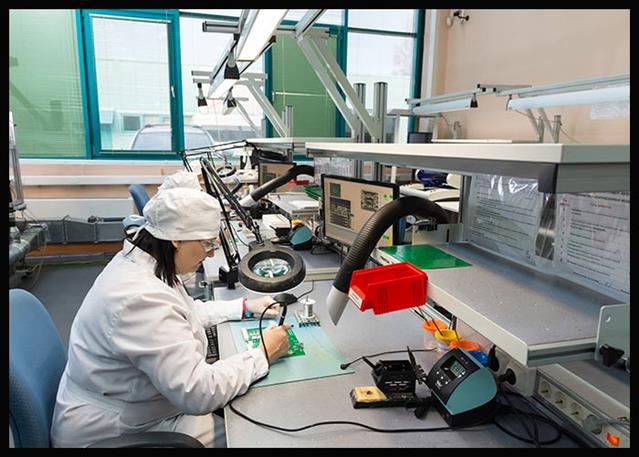Polar Semiconductor To Receive About $195 Mln For Expansion Of Minnesota Facility
Polar Semiconductor is about to receive around $195 million for the expansion of its Bloomington unit in Minnesota, ramping up semiconductor manufacturing to expand its customer base and create a stab...

Polar Semiconductor is about to receive around $195 million for the expansion of its Bloomington unit in Minnesota, ramping up semiconductor manufacturing to expand its customer base and create a stable supply in the U.S.
Of the total $195 million, the company will receive $75 million from the Minnesota Forward Fund, and upto $120 million in federal funding from the Creating Helpful Incentives to Produce Semiconductors or CHIPS, and Science Act, which was passed in 2022 to facilitate the domestic production of commercial semiconductors.
“We are making taxpayer dollars go as far as possible while crowding in private and state investment to create jobs, secure our supply chains and bolster manufacturing in Minnesota,” said Laurie Locascio, the Under Secretary of Commerce for Standards and Technology.
Polar produces chips for automobiles, defense systems and electrical grids. The company, currently employing more than 500 employees, has the capacity to produce around 20,000 wafer semiconductors every month, according to a press statement by Gov. Tim Walz.
Commerce Department and other government officials expect the project, costing more than $525 million, to enhance the manufacturing of semiconductors, provide a steady domestic supply of chips for national defense purposes, and create an additional 160 manufacturing and construction jobs.
As artificial intelligence technology booms, the U.S. administration is pushing toward the development of the semiconductor industry to cut dependence on other countries.
“During the Covid-19 pandemic, shortages of these chips were among the most acute bottlenecks,” Locascio said. “Because of President Biden’s leadership, the future of the semiconductor industry is being built right here in the United States.”
Prior to Polar, the Commerce Department has announced similar grants to semiconductor manufacturers such as Micron, Samsung, Taiwan Semiconductor Manufacturing Company and Intel, according to the New York Times.
- Check out our free forex signals
- Follow the top economic events on FX Leaders economic calendar
- Trade better, discover more Forex Trading Strategies
- Open a FREE Trading Account


